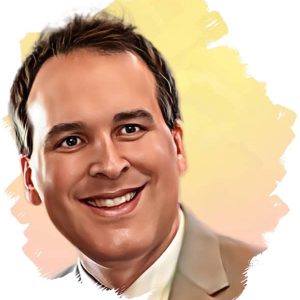With Buck Showalter scheduled to interview with the Orioles on Wednesday and Eric Wedge receiving a callback in the near future, the search continues for a permanent manager while Juan Samuel steers a sunken ship for the time being.
Bobby Valentine whisked through town with an apparent “thanks, but no thanks” after taking a glimpse at a team currently 31 games below .500 and 24 games out of first place on the first day of summer.
It’s no secret this job is an incredibly difficult—if not impossible—sell to any experienced name attached to the managerial search. And with Andy MacPhail proclaiming the organization’s preference for an experienced skipper, the Valentines, Showalters, and Wedges of the baseball world would need an incredible amount of hubris to willingly jump aboard now to manage a team on track to become one of the worst in the history of the game.
Waiting until the off-season would not only provide an expanded field of candidates but also remove the stigma of having the eventual manager attached to whatever the final record will be for the 2010 edition of the Orioles. However, with Nick Markakis’ recent comments questioning the direction of the organization, stretching the process into October could create even more disillusionment for all parties involved.
Should MacPhail hire his permanent man now—if he even can—or exert the patient approach he always does and wait until after the season?
Perhaps the best choice is somewhere in between, as I’ve wondered aloud for quite some time and baseball writer Ken Rosenthal recently suggested.
Though a bit unconventional, the Orioles’ best solution might be to hire their new man now but keep him away from the dugout in 2010. Not only would this keep the new manager at an arm’s length from the bad vibes of a disastrous season but it would give him an opportunity to evaluate all levels of the organization, from Baltimore to Bluefield.
Sure, it’s likely to create an awkward situation for Samuel and the rest of the coaching staff for the remainder of the season, but no one should be very comfortable at this point anyway. The coaches could be evaluated for the future, as either potential members of the new manager’s staff or, more likely, for other positions within the organization.
Players would know their competing for jobs next season with the new skipper watching and evaluating—from afar—every pitch, at-bat, and chance in the field.
Using Showalter as merely a case study, the strategy would be similar to his hiring in 1996 to take over the expansion Arizona Diamondbacks that didn’t begin play in 1998. At the time, it gave Showalter a chance to evaluate the minor leagues, tweak player development, and develop a vision for the new franchise.
With such a timetable and cooperation from the front office, Showalter would get a far better picture of the minor league system than an October hire would get watching only the Arizona Fall League and video in the offseason.
Whether it’s Showalter, Wedge, or another name yet to interview, it’s far more important for the new manager to know the players at Frederick, Bowie, and Norfolk than it is to give Julio Lugo a pat on the back in the dugout or explain to Garrett Atkins why he’s not in the lineup again.
It’s the opportunity and power that just might attract an experienced manager to town.
Regardless of when MacPhail and the Orioles select their next manager, far bigger questions will remain in the offseason as the heat will be on to—finally—spend significant money to acquire talent.
Pulling the trigger on the right manager now won’t be easy, but some creativity could land the right man to lead the franchise.
And with the hellish season we’re witnessing, being bold and innovative would be a welcome change.






















